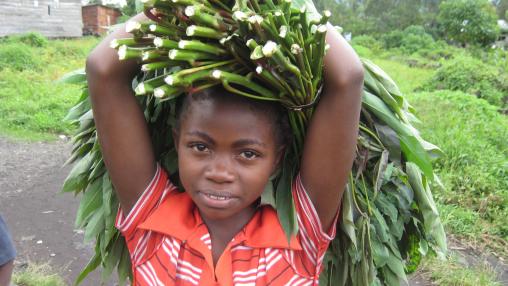
From Famine to Food Security
Food crisis and famines continue to plague many developing countries. Armed conflict and prolonged drought have left around 20 million people at a risk of starvation and death in Somalia, South Sudan, Yemen, and Nigeria, while several other African nations also currently face with food insecurity, largely as a result of climate-driven weather events. An estimated $4.4 billion in aid is needed to address these crises.
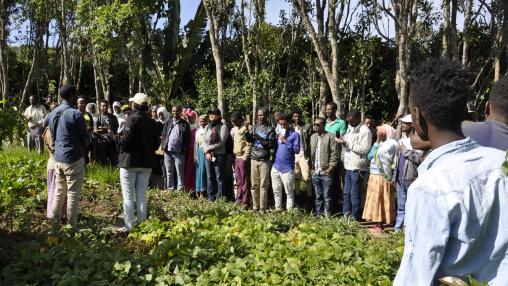
Attaining Food and Environmental Security in an Era of Globalization
The global population is expected to grow to more than 9 billion people by 2050. In such a scenario, ensuring the availability of and access to affordable and nutritious food will be a major challenge.

Food and Nutrition Security Among Multiple Factors Behind Child Migration to the US
Child migration from Central America to the US can be attributed to different socioeconomic factors depending on the point of origin, demanding tailored multisectoral domestic solutions.
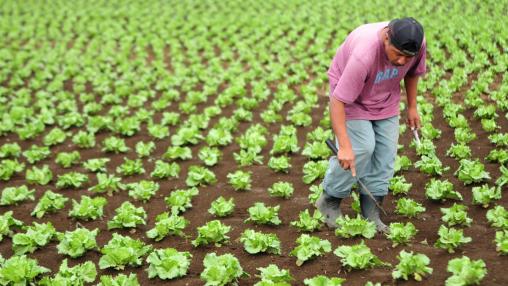
Central America: the Challenge of Food Security, Human Development, and Economic Growth
Authors: Eugenio Diaz-Bonilla and Maximo Torero
An abridged version of this article was originally published in the Spanish-language press in Guatemala.
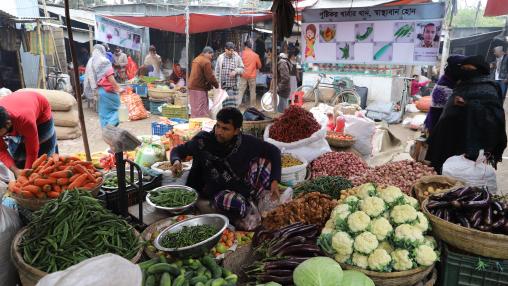
Food security brings economic growth — not the other way around
Author: Maximo Torero (Division director of the Markets, Trade and Institutions Division at the International Food Policy Research Institute )
On World Food Day, it’s time to remind ourselves that economic growth is only sustainable if all countries have food security. Without a country-owned and country-driven food security strategy, there will be obstacles and additional costs to global-, regional- and country-level economic growth.
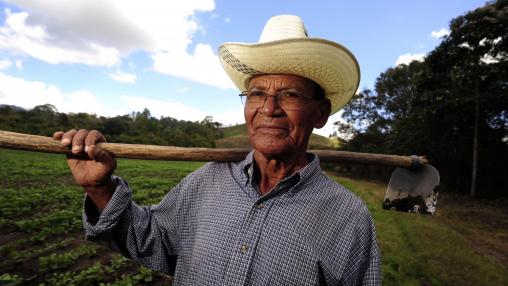
Upcoming Conference to Highlight Food Security in Central America
Global and regional experts will meet in El Salvador on September 10-11 to discuss new ways to enhance food and nutrition security in Central America.
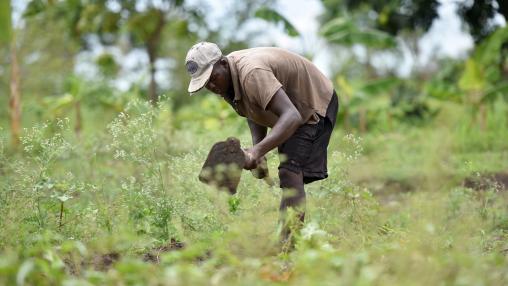
Soil Maps Could Provide Key to Ethiopia's Food Security
Fertile soil is one of the basic building blocks of agricultural productivity. In order for crops to grow properly, soils need to contain the proper nutrients; unfortunately in many areas of the world, soils have become depleted of their nutrients, leading to decreased productivity.
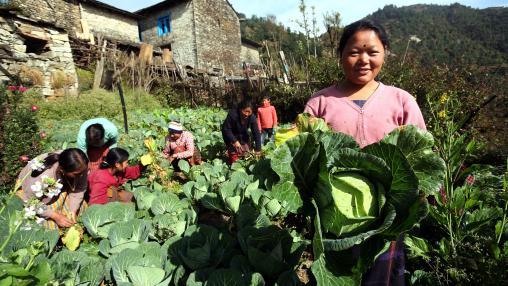
Toward a Food Secure China
China's food security is being challenged by a mix of factors, including rising demand, rapid urbanization, scarce natural resources and agricultural labor, and greater risk of food safety and environmental problems. To address food security concerns, China had resolved to meet the bulk of its grain demand domestically. But this policy is now being revisited, suggesting a considerable increase in the already rising food imports. The No 1 Central Document released on Sunday reiterated the importance of improving the food security system while ensuring food safety.
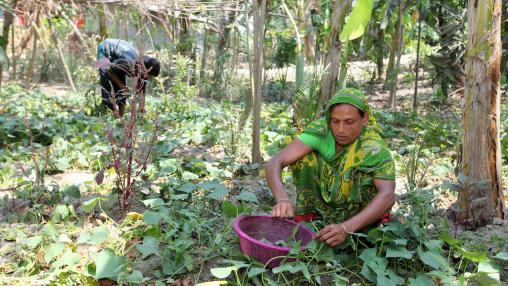
Wages Rising in Bangladesh, But Food Security Challenges Remain
One of the most populous countries in the developing world, Bangladesh has made impressive strides in recent years in both food self-sufficiency and poverty reduction. Since 1990, Bangladesh's Global Hunger Index score has fallen from 37.9 to 24.0, meaning a fall from extremely alarming levels of hunger. And from 2000 - 2010, the incidence of poverty in the country declined from 49 percent to 32 percent. Still, much remains to be done to ensure that the country continues its upward climb. New research from IFPRI looks at the two sides of Bangladesh's poverty and food security coin.
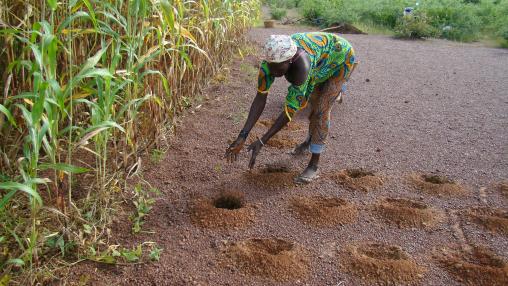
Latest West Africa Food Security Outlook Sees Good Production
FEWS NET has released the latest update to its West Africa Food Security Outlook . The report sees good crop production in the region, with initial evaluations citing cereal production between 5 and 17 percent higher than 2011. The report cautions, however, that due to continuing high prices and past stock depletion, food insecurity in some parts of the region could remain at Phase 2 (Stressed) levels through October.